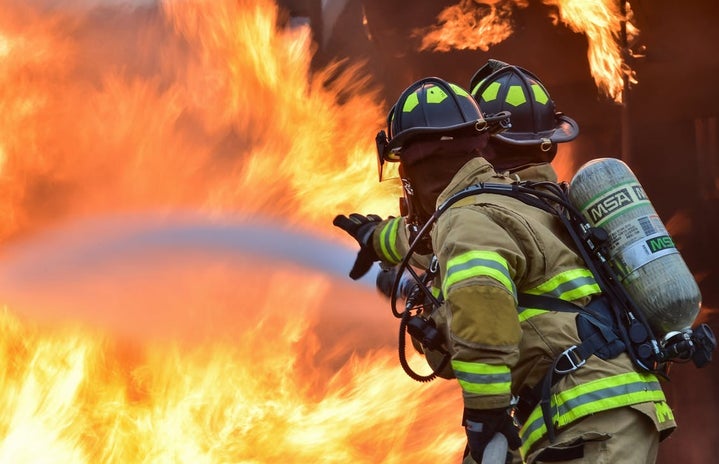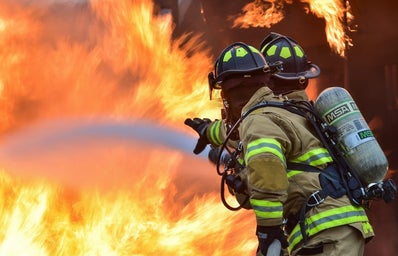Dozens of wildfires across Washington State, Oregon, and northern Idaho have knocked out powerlines, forced families to evacuate, and even destroyed cities. These unprecedented wildfires come just days after California’s own wildfires forced around 30,000 people to evacuate.
Although the Pacific Northwest does not typically experience such severe fire activity due to the cold and rainy weather, high winds of up to 50 mph allowed fires to spread rapidly across these states during the second week of September. High winds have made the spread of the fires highly unpredictable, and families have been urged to prepare for evacuation at a moment’s notice. Northern Oregon has initiated “go now” evacuations, meaning families and firefighters have just moments to evacuate their homes and towns. Many families in eastern Washington have been encouraged to have emergency bags at the ready.
In Washington on Sept. 8, fires burned more than double the amount of property burned in the whole of summer 2019. During his conference on Tuesday, Washington Governor Jay Inslee announced that about 330,000 acres had burned down in a day, despite Washington’s burn bans that have been in place since late June of this year.
Although most of Washington’s fires are located in the eastern part of the state, air quality in the whole state has suffered. Most cities surrounding Puget Sound have an air quality index of “very unhealthy.” Those in eastern Washington have been experiencing an AQI ranging from “moderate” to “unhealthy.”
As your resident Washingtonian, I can attest that these wildfires are shockingly devastating. While the Pacific Northwest has suffered some intense wildfires in the last few years, these fires show no sign of stopping. The combination of dry heat with high winds is deadly, and the air quality shows little sign of improving. So far, for me, the largest consequence of these fires is the loss of my 10k step goal, but I anticipate these consequences will grow just as quickly as these fires.
To limit smoke inhalation, residents of the Pacific Northwest are encouraged to keep their windows shut so long as temperatures permit, limit time outdoors, and wear a respirator mask outside if available. Cats and dogs should also have their outdoor time limited as much as possible. Residents are also asked to keep their phone notifications on should evacuations begin unexpectedly.
Stay safe, don’t breathe smoke, and eat the rich.


